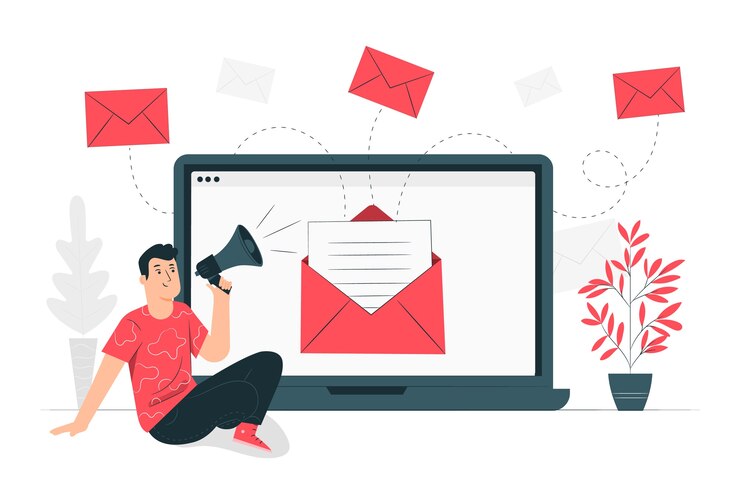Email Marketing: Building Stronger Connections
In an era dominated by social media, chat apps, and instant messaging, email marketing remains a stalwart tool for businesses to reach their audience effectively. It’s a versatile and cost-effective way to engage with customers, build brand awareness, and drive revenue. In this article, we’ll explore the world of email marketing, its relevance in today’s digital landscape, and how businesses can leverage its potential to build stronger connections and achieve success.
The Basics of Email Marketing
Email marketing is a digital marketing strategy that involves sending commercial messages to a group of people through email. These messages can be in the form of newsletters, product promotions, event invitations, or updates about a company’s services. The core of email marketing lies in building and nurturing relationships with your subscribers.
Why Email Marketing Still Matters
- High ROI: Email marketing consistently delivers one of the highest returns on investment (ROI) of all marketing channels. According to the Data & Marketing Association (DMA), the average ROI for email marketing is $42 for every $1 spent.
- Direct Communication: Email is a direct line to your audience. Subscribers have opted in to receive your messages, making email marketing one of the most permission-based forms of marketing. This means you’re reaching an audience that’s genuinely interested in what you have to offer.
- Targeted Campaigns: With advanced segmentation and personalization options, you can tailor your email campaigns to specific segments of your audience. This ensures that you’re sending the right message to the right people at the right time.
- Building Trust and Credibility: Consistent, informative, and relevant emails can help build trust and credibility with your audience. Over time, this can lead to increased customer loyalty and retention.
- Measurable Results: Email marketing platforms provide detailed analytics, allowing you to track open rates, click-through rates, conversion rates, and more. This data helps refine your strategies for better performance.
Effective Email Marketing Strategies
- Segmentation: Divide your email list into smaller segments based on factors such as demographics, behavior, or purchase history. This allows you to send highly targeted and relevant content.
- Personalization: Personalize your emails with the recipient’s name and tailor content to their preferences and previous interactions. Personalization can significantly increase engagement.
- Compelling Content: Craft compelling and informative content that provides value to your subscribers. Whether it’s educational resources, special offers, or entertaining stories, ensure your emails are engaging.
- Automation: Use email automation to send timely messages, such as welcome emails, abandoned cart reminders, or birthday greetings. Automation saves time and keeps your audience engaged.
- Mobile Optimization: With the increasing use of mobile devices, it’s essential to ensure your emails are mobile-friendly. Responsive design and concise content are crucial for a positive user experience.
- A/B Testing: Experiment with different subject lines, email content, and sending times. A/B testing helps you discover what works best for your audience.
- Call to Action (CTA): Include clear and compelling CTAs in your emails. Make it easy for subscribers to take the desired action, whether it’s making a purchase, signing up for a webinar, or sharing your content.
Regulations and Ethics
It’s vital to respect subscribers’ privacy and adhere to email marketing regulations, such as the CAN-SPAM Act in the United States and GDPR in Europe. Always provide an easy way for recipients to opt out (unsubscribe) and be transparent about how their data is used.
Conclusion
Email marketing remains a powerful tool in the digital marketing toolkit, allowing businesses to connect with their audience on a personal level and achieve remarkable results. When executed correctly with a focus on relevance, personalization, and ethical practices, it can drive customer engagement, brand loyalty, and increased revenue. To harness the full potential of email marketing, businesses should continually adapt to changing consumer behaviors and preferences, keeping their strategies fresh and innovative.


